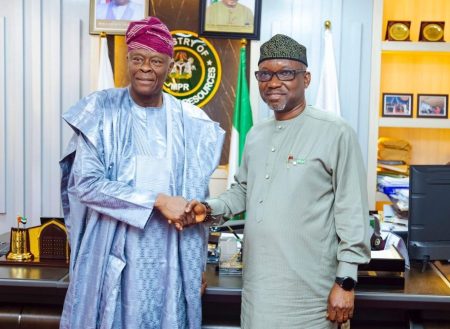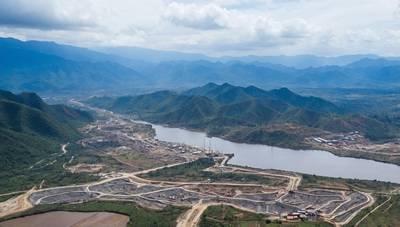18 April 2016, Abuja – The Federal Government says it will optimise 7,000 megawatts installed power generation capacity and provide facilities required to transmit and distribute it in one year.

This is contained in a document obtained by News Agency of Nigeria (NAN) from the Ministry of Budget and National Planning, on Monday, in Abuja.
The document, titled as “Strategic implementation plan for the 2016 budget of change”, is an implementation plan for a road map of key macroeconomic and sectoral policies. It is a strategic target for the 2016 fiscal year.
According to the document, government will distribute the capacity through privatisation and concessioning under its priority strategies in power, rail and roads sectors.
Costs of transmission
The statement said it would include tariff of all costs of transmission, generation and gas at new price and that DISCO cost required operating, maintaining and upgrading distribution network.
“The government will complete the Kaduna-Abuja and the Ajaokuta-Warri rail lines scheduled for 2016; revise the National Rail Master plan and finalise negotiations for Lagos-Kano and Lagos-Calabar rail projects.”
It would ensure delivery of 2,192 kilometres of federal roads across 31 projects scheduled for 2016 (through public works and other interventions) and explore Private Public Partnership options for completing other projects.
It would resolve all issues on gas pricing, tariff and payment assurance, and also conclude road map on gas development,” it stated.
Other major strategies in the implementation plan include the areas of policy, security, governance, diversification of the economy, oil and gas reforms.
It stated that under the oil and gas plan, government had set deadlines to achieve self-sufficiency and net export of a certain number of agricultural produce and items.
The document listed tomatoes, vegetable oil, cashew nuts, ground nuts, cassava, poultry, fish and livestock as the items.
It would revitalise and expand agro-allied processing, increase manufacturing capacity through operationalisation of industrial parks, free and export processing zones.
The document added that government had developed and adopted a road map to stimulate investment into the solid minerals sector.
It also developed and adopted a road map to stimulate investment in tourism and entertainment sectors.
It would create high-technology innovation hubs to support growth in the digital and technology sector.
According to the document, government has revolved to work with the National Assembly to pass a revised Petroleum Industry Bill to privatise NNPC and ensure the regulation of the downstream sector.
It stated that the government would set deadline to stop importation of refined products.
On ease of doing business, it stated the need to move Nigeria 20 places up in the Ease of Doing Business Ranking and fast-track visa application and issuance processes.
It would implement social intervention projects included in the budget, invest in housing and urban developments.
It stated that government would implement school feeding programme, conditional cash transfer programme, pro-poor credit, social housing reforms and science and technology.
The document stated that the government was set to achieve a flexible and appropriate foreign exchange regime, increase low interest lending in the real sector and maintain capital spending.
According to the document, the government will maintain capital spending in the budget at a minimum of 30 per cent.
- NAN



